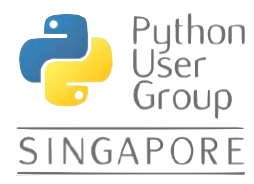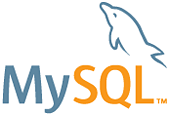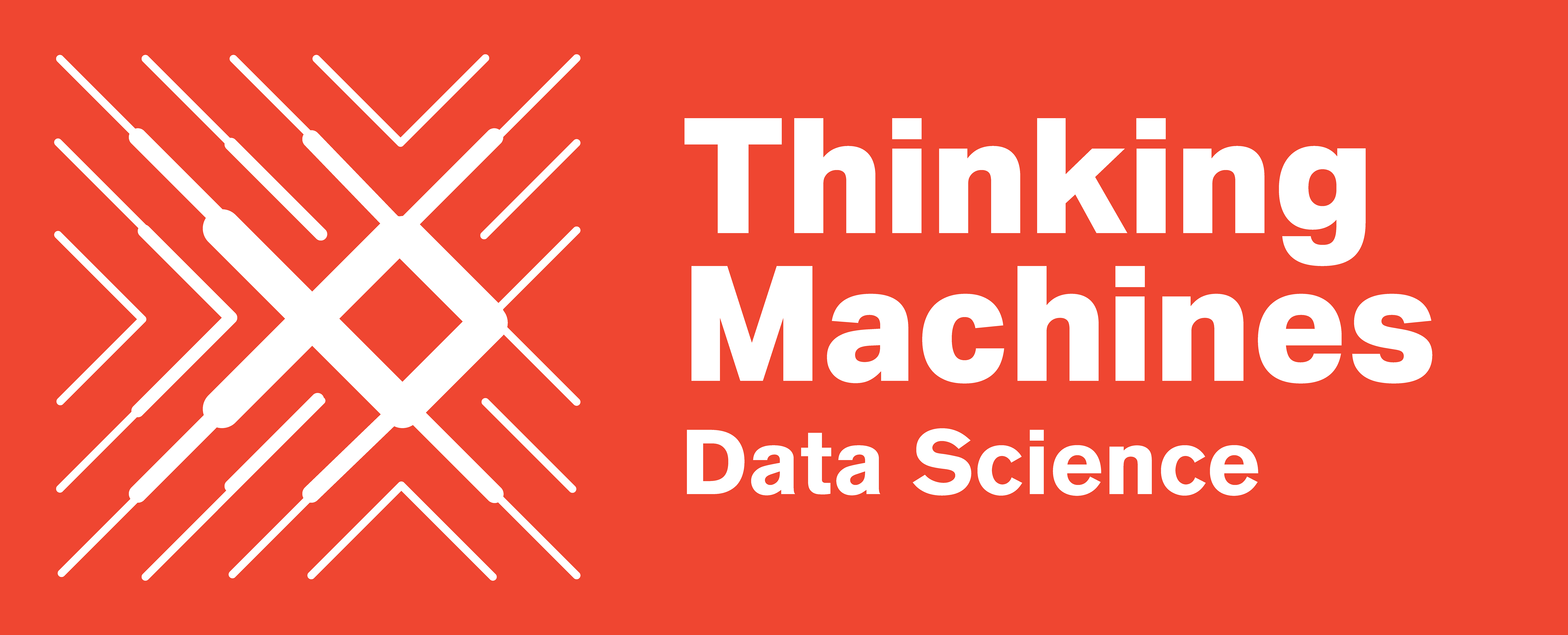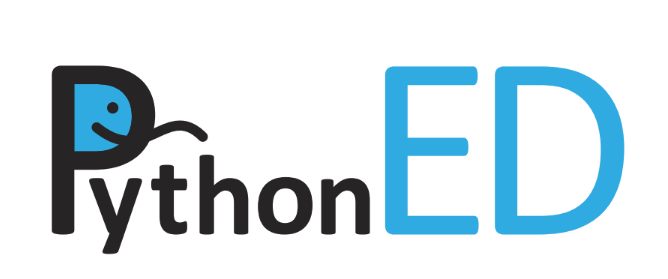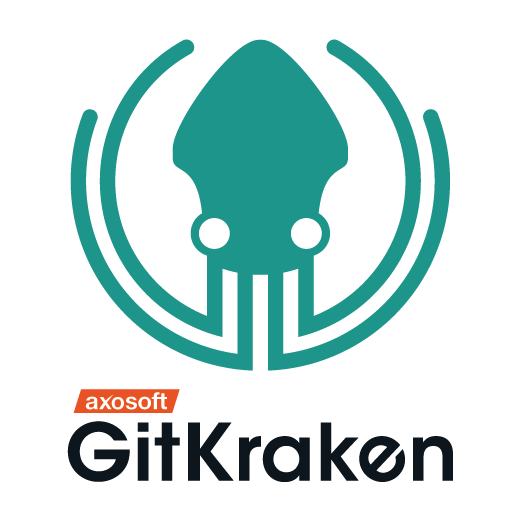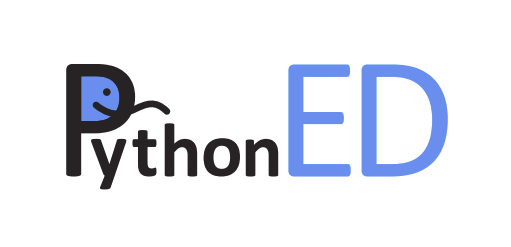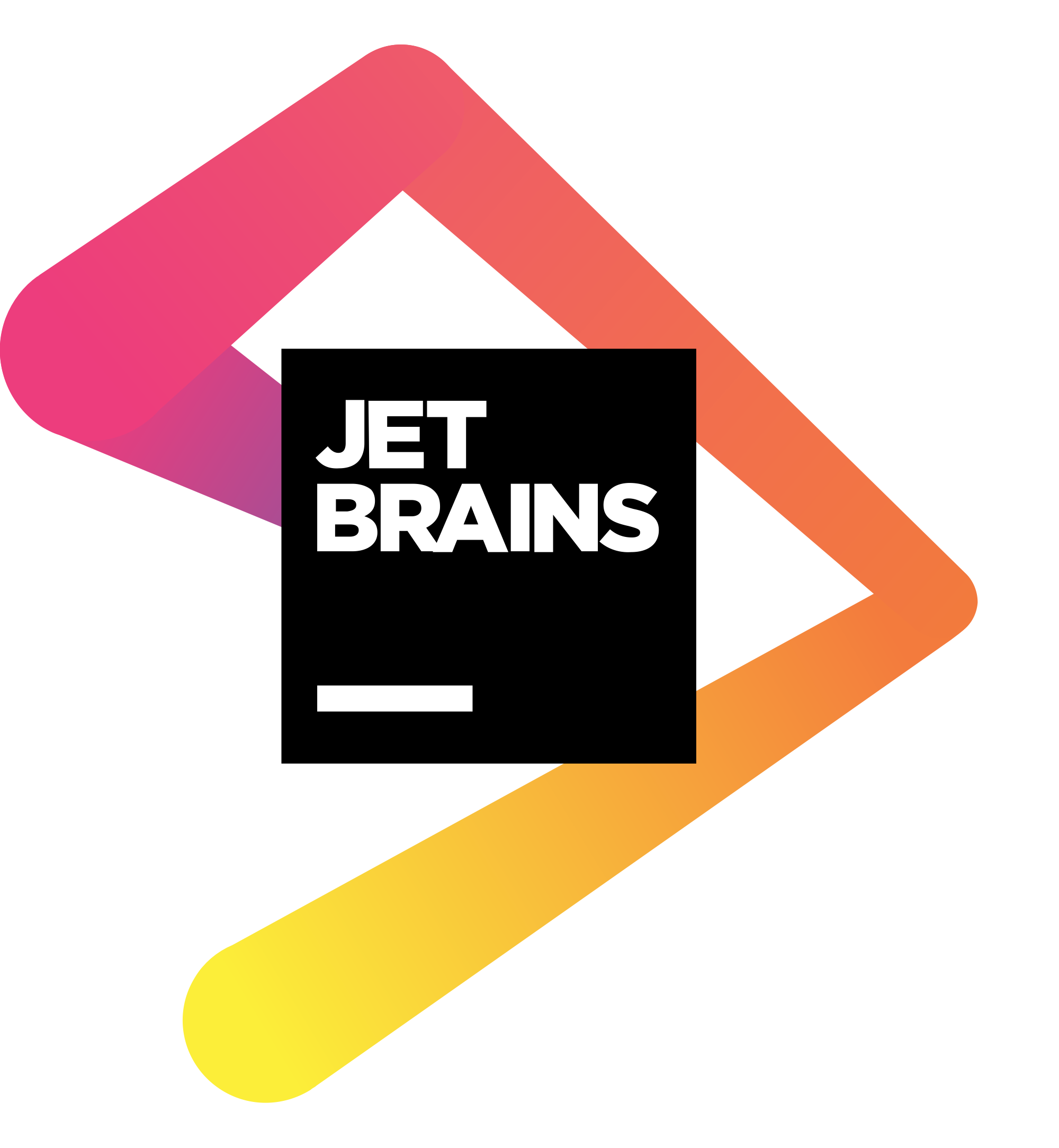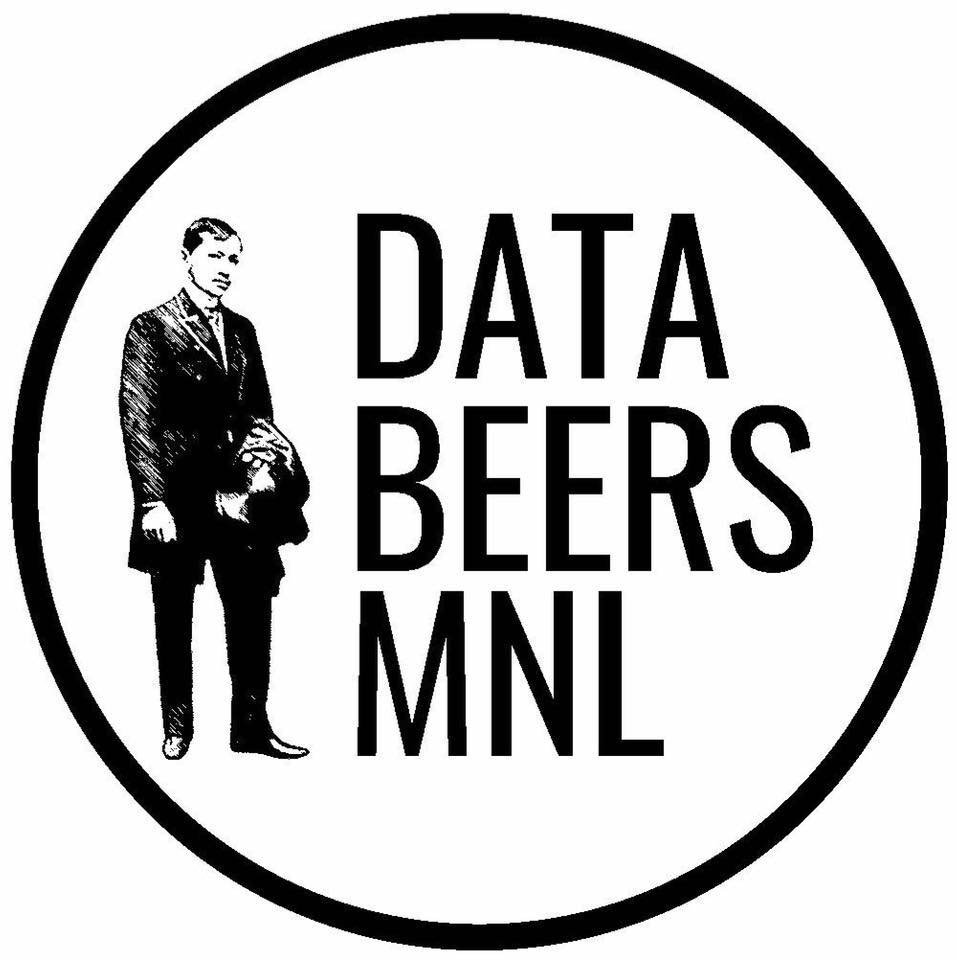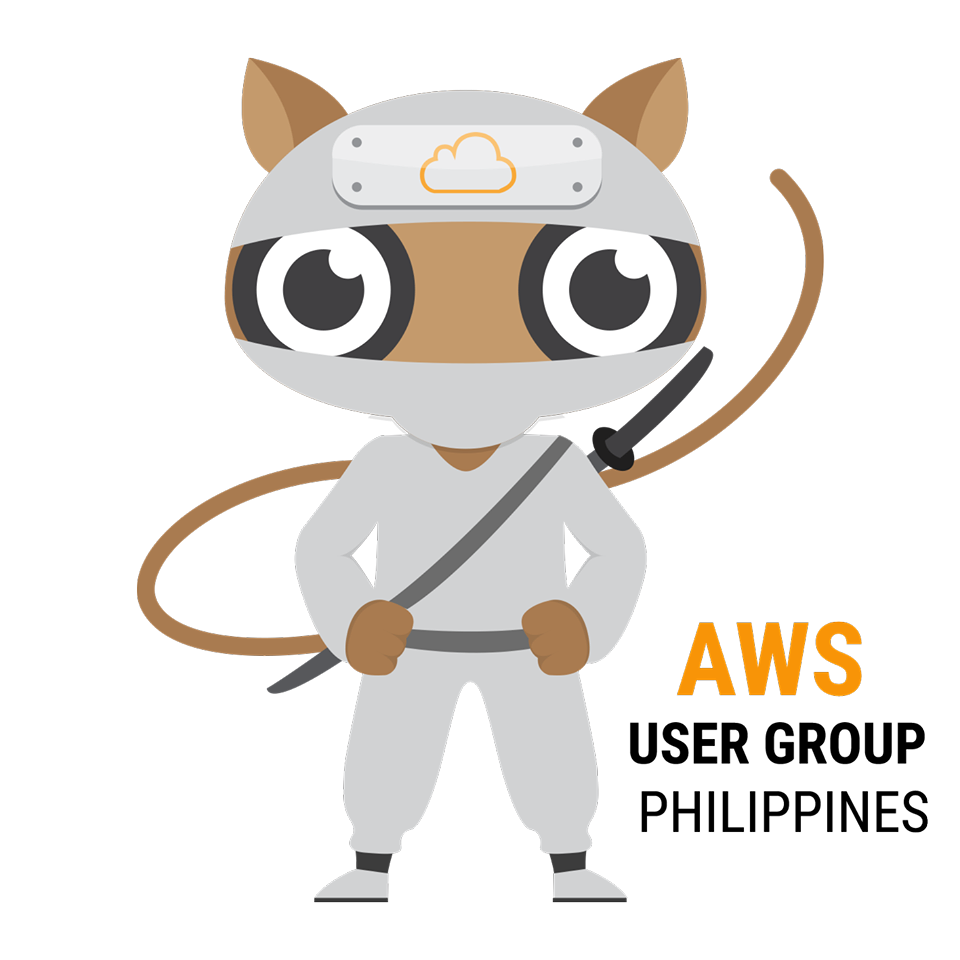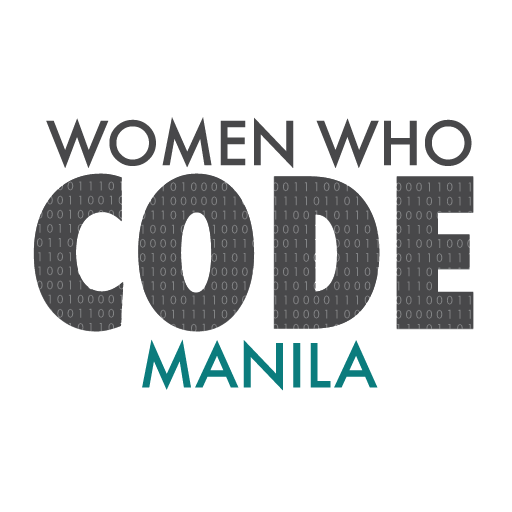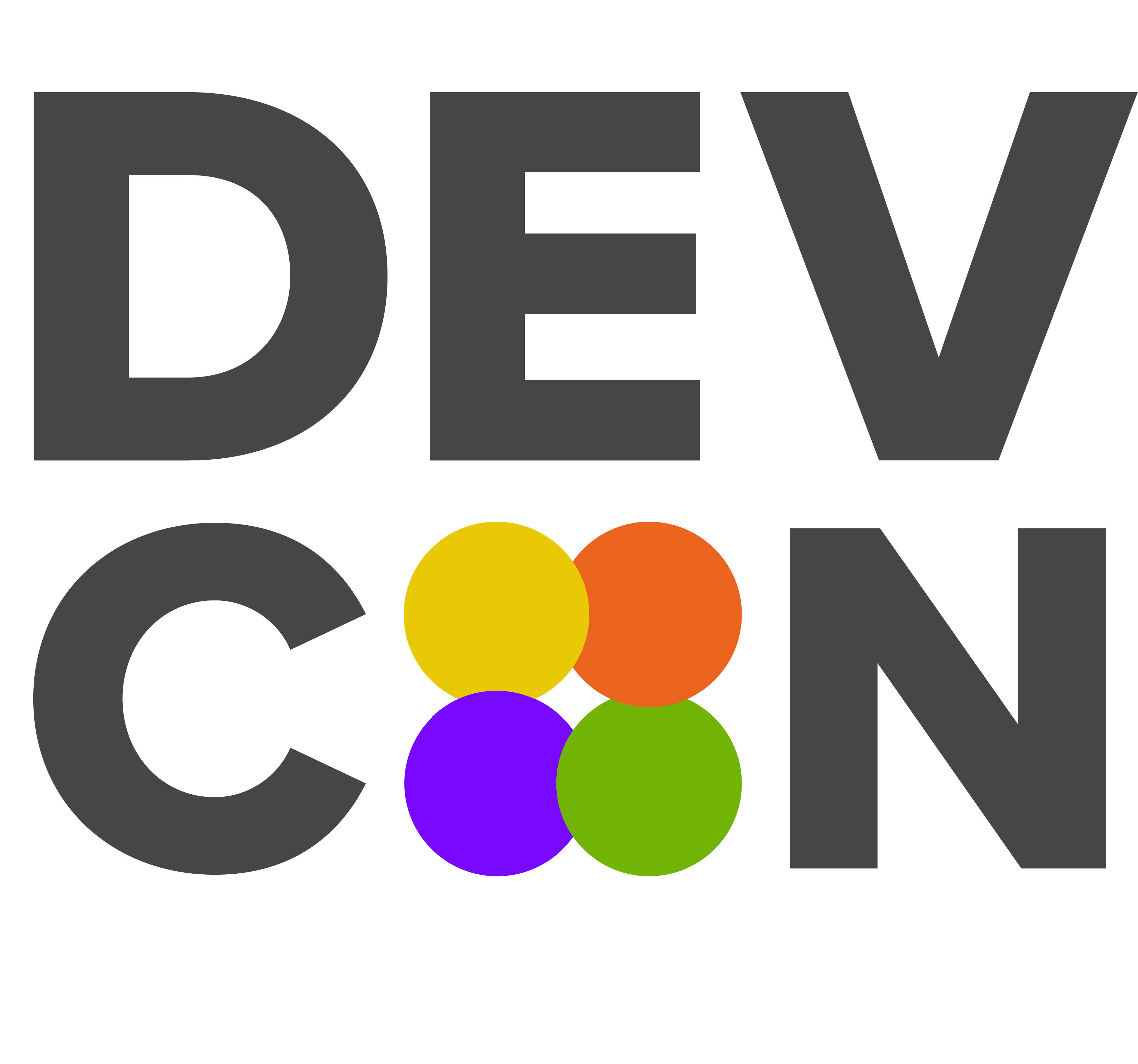10:00 AM – 11:00 AM
[Track 1] 12F, Auditorium
Keynote 4: Here Come The Robots - Python and Machine Learning
by Tom Dyson
Machine Learning is probably the most important development in our industry (and possibly our civilisation!). Previously restricted to math geniuses with access to supercomputers and massive data centres, machine learning tools are increasingly available as web services which are easily consumed from more traditional web applications. Python has become the lingua franca of machine learning, so Python developers are well placed to take advantage of the next wave of application development.
This talk outlines the various machine learning platforms and provides a set of practical examples that demonstrate how Python developers can start taking advantage of artificial intelligence in their own applications.
The intended audience is pretty wide: web developers, students, data scientists should all come away with a set of ideas and tools for implementing machine learning without needing a degree in artificial intelligence!
11:00 AM – 12:00 PM
[Track 1] 12F, Auditorium
Talk: Building Analytics Workflow using Airflow and Spark
by Yohei Onishi
Yohei had built and operates a data analytics system for global retail logistics operations using Airflow and Spark since the end of last year. In this session, He will talk about how you can build a scalable analytics workflow system based on Airflow (Python) and write extensible job using Python. GCP has provided fully managed Airflow service called Cloud Composer. So he will explain how you can easily build Airflow cluster compared to building your own Airflow cluster on the on-premise server or AWS EC2.
[Track 2] 12F, Gallery
Talk: Using Artificial Intelligence and Satellite Imagery to Zero In on the Philippines’ Most Vulnerable Communities
by Ardie Orden, Kevin Go and Issa Tingzon
One major challenge in fighting poverty today is the lack of reliable socioeconomic data, which is highly expensive, time-consuming, and labour-intensive to collect through ground surveys. We tackled this problem by using a combination of machine learning, satellite imagery, nighttime lights, and various alternative data sources as a low-cost and robust way to provide reliable estimates of poverty during periods or in areas without sufficient census data. Thinking Machines' team of ML researchers including Issa Tingzon, Ardie Orden, and Kevin Go will present the research methodology and results.
[Track 3] 9F, Classroom 1
Workshop: Django Girls Workshop
by Django Girls CDO
[Track 4] 9F, Classroom 2
Talk: Serverless Python on AWS Lambda using the Serverless Framework
by Ted Mathew dela Cruz
The Serverless Framework is one of the most widely adopted toolkit for building serverless applications. This talk will discuss the basics to get a simple Python serverless up and running on AWS Lambda using the Serverless Framework (https://serverless.com/)
12:00 PM – 1:30 PM
5F, Canteen
Group Picture and Lunch (Group Lunches)
12F, Auditorium and 5F, Canteen
Group Picture
As part of the PyCon tradition, we will be gathering everyone at the 12F Auditorium for a group picture
Group Lunches (Part 2)
The goal is to have people chat and make new friends. We'll have people gather around topic facilitators during lunch. The topic facilitators will be people from the volunteers, speakers and attendees.
Before dismissing everyone for lunch, there will be people holding up papers with a topic around the place. If the topic interests you, we encourage you to go there and talk about the topic of your choice with other people interested in the same topic.
The group lunch topics don't necessarily have to be Python-related. Some ideas from last year are:
- Stars and Galaxies
- Board Games
- DevOps
- Community
- Women Who Code
- etc.
More info: https://blog.mattlebrun.com/2018/03/pycon-experiments-getting-people-talking.html
1:30 PM – 2:30 PM
[Track 1] 12F, Auditorium
Lightning Talks
Lightning Talks are an informal, impromptu ~5 minute presentation where anyone from the attendees can speak about any Python-related thing they want.
PythonPH has an initiative: we believe that anyone can make a product with Python. But no one will know unless you show it off to everyone.
On day 2, you can have the chance to show off your project. Just sign up at the help desk table and we will give you 5 minutes to awe everyone with your work. It will be your chance to shine!
Your program can be simple, you might have made a product that is related to the Python ecosystem, or you want to show off what you have done to the community that involves Python. As long as you are passionate about your project, we will give you the chance to show us your work.
A little warning: since we only have limited time, we can't have everyone talk. So sign up as soon as you get to the venue and ready yourself for the day.
Here are some ideas from last year:
- PyCon PH 2018 Lightning Talks - Part 1 https://youtu.be/hOnwVW8J58w
- PyCon PH 2018 Lightning Talks - Part 2 https://youtu.be/zsadpRsntxA
2:30 PM – 3:30 PM
[Track 1] 12F, Auditorium
Talk: Automate the Boring Stuff with Slackbot
by Takanori Suzuki
Today, there are many tasks to repeat in the company/community. In addition, we often use chat such as Slack for daily communication. So, Takanori-san created a chatbot(PyCon JP Bot: https://github.com/pyconjp/pyconjpbot) to automate various boring tasks related to holding PyCon JP.
In this talk, Takanori-san will first explain how to create a chatbot using slackbot (https://github.com/lins05/slackbot). He will tell you how to register bot's integration on Slack and how to create a simple bot in Python that responds to specific keywords.
As specific examples, Takanori-san will explain how to make a bot command to perform the following operations and technical problems.
- Emoji reaction
- Calculator: SymPy
- Karma(plusplus): Peewee
- Search issues, display issue details: JIRA API
- Create multiple issues from a template: JIRA API, Sheets API
- Search files from Google Drive: Google Drive API
- Account management of G Suite(user, alias, group and member): G Suite API
- etc.
[Track 2] 9F, Gallery
Talk: Faster Python apps with open source APM
Aravind Putrevu
Slow applications are no fun. Application performance monitoring (APM) makes tracking down issues problems much easier. But which tools should you use?
With the release of Elastic APM, there’s a new option. Language server and Python client is fully open source so you can get started with any app.
Elastic’s APM was released some time ago, so it’s a very fresh option for tracing performance problems in Python applications (and other runtimes as well). The basic platform is free so it should be a welcome change for Go developers used to spending huge bills on comparable hosted platforms.
It’s useful out of the box for tracing basics on web requests including: - Request details - Response time percentiles - Transaction timelines - Application errors and stack traces - Individual code lines - Distributed Tracing
It can also be used to track any custom span in any Go application to find out where time is being lost and users are being slowed down.
[Track 3] 9F, Classroom 1
Workshop: Django Girls Workshop by Django Girls CDO
by Django Girls CDO
[Track 4] 9F, Classroom 2
Workshop: Demystifying Natural Language Processing using Python (Scikit-Learn/ Keras)
by Vaibhav Srivastav
By learning how to transform text into data that is usable by machine learning models, you drastically increase the amount of data that your models can learn from. In this tutorial, we’ll build and evaluate predictive models from real-world text using scikit-learn.
[Track 5] 9F, Classroom 3
Workshop: Introduction to Testing in Python
by Aniruddha Adhikary
This workshop aims to explore the rich Testing ecosystem of Python. It will take the participants in a voyage through basic unit tests, test runners, mocking, doctests and coverage analysis through a TDD-focused coding exercise.
[Track 6] 9F, Classroom 4
Workshop: Graphene for Beginners
by Nicole Tibay
This will be an introductory workshop to learn GraphQL in Python using Graphene. The workshop will introduce first basic GraphQL concepts before getting the attendees' hands dirty creating a schema and playing with it.
We expect participants to have basic Python programming knowledge. Please have the following installed prior to the workshop:
1. Python3 (Bundled with the venv module to create virtual environments)
2. Virtualenv if `venv` is not available
3. Pip
4. Code Editor
5. git (optional)
And follow the setup instructions here https://github.com/neequole/bahay-kubo. If you have any setup problem, please come to the workshop at least 30 minutes so we can assist. See you!
[Track 7] 9F, Classroom 5
Workshop: Setting up Computer Vision with Kivy using Tensorflow
by Jairus Jimenez
Kivy is an open source, cross-platform Python framework for the development of applications that
make use of innovative, multi-touch user interfaces.
In this workshop, the aim is to utilize Kivy and Tensorflow to create a Computer Vision application.
We'll be using Google's Inception-v3 for our image recognition model.
Software needed:
- Python 3.6
- Tensorflow
- Kivy
- OpenCV
Optional:
- Anaconda
[Track 8] 9F, Classroom 6
Workshop: Learn How to Dockerize Your Python Application
by Paul de Paula
Our workshop will focus on the basic of docker and kubernetes for python and for participants to gain some hands-on-experience. We will be using a python application based on flask framework all throughout the workshop.
— learn the basic of docker
— How to convert your python app a flask based rest application into micro services
— Minikube or Docker Desktop
— Learn how to basic of kubernetes on your local machine
— pods, label, services, deployments, replication controller, stateful sets
— Kubernetes on GCP
— How to deploy your python application in auto pilot
Software needed:
Python 3
Mac: Docker for Mac - https://docs.docker.com/docker-for-mac/install/
Windows: Docker for windows - https://docs.docker.com/docker-for-windows/install/
Google Cloud Account - get a free account from https://cloud.google.com/free/
3:30 PM – 4:30 PM
[Track 1] 12F, Auditorium
Talk: Best tools for Jupyter notebooks
by Dmitry Trofimov
The jupyter notebook is now a default format for scripting in many areas of computer engineering and education like data science, machine learning, and artificial intelligence. But what are the most efficient practices to work with Jupyter notebooks to get the most out of this technology? In this talk Dmitry Trofimov, team lead of PyCharm IDE, will show how different tools help you solve your daily tasks using Jupyter notebooks: JupyterLab, Hydrogen plugin for Atom, VS Code, and PyCharm (all tools are open-sourced). We will discuss their pros and cons and look at them in action.
[Track 2] 12F, Gallery
Talk: Exploiting Auxiliary Information for Better Recommendation
by Sun Zhu
Recommender systems inherently suffer from data sparsity and cold start problem. To address these issues, the auxiliary information (e.g., feature hierarchy, knowledge graph) has been incorporated into recommendation. This talk is focused on the latest recommendation algorithms with incorporation of feature hierarchy and knowledge graph.
[Track 3] 9F, Classroom 1
Workshop: Django Girls Workshop
by Django Girls CDO
[Track 4] 9F, Classroom 2
Workshop: Demystifying Natural Language Processing using Python (Scikit-Learn/ Keras)
by Vaibhav Srivastav
[Track 5] 9F, Classroom 3
Workshop: Introduction to Testing in Python
by Aniruddha Adhikary
[Track 6] 9F, Classroom 4
Workshop: Graphene for Beginners
by Nicole Tibay
[Track 7] 9F, Classroom 5
Workshop: Setting up Computer Vision with Kivy using Tensorflow
by Jairus Jimenez
[Track 8] 9F, Classroom 6
Workshop: Learn How to Dockerize Your Python Application
by Paul de Paula
4:30 PM – 5:30 PM
[Track 1] 12F, Auditorium
Talk: Turn your Flask App into Async using Quart
by Doni Rubiagatra
Do you already use our beloved micro-framework Flask but have a problem with the speed and scalability? We hear a lot of buzz with the new fancy asynchronous Python programming using async/await keyword to make our Python code run faster. But really how async works are still not spread well and the majority of Python programmer still not familiar using async/await keyword. In this talks, because Flask is not intended to support async (yet), we are will explore Quart, the Python ASGI web microframework. It is intended to provide the easiest way to use asyncio functionality in a web context, especially with existing Flask apps. This is possible as the Quart API is a superset of the Flask API. So you can instantly migrate your Flask app easily!
[Track 2] 12F, Gallery
Talk: The Use of Python in the Data World
by Lai-Man Sung
[Track 3] 9F, Classroom 1
Workshop: Django Girls Workshop
by Django Girls CDO
[Track 4] 9F, Classroom 2
Workshop: Demystifying Natural Language Processing using Python (Scikit-Learn/ Keras)
by Vaibhav Srivastav
[Track 5] 9F, Classroom 3
Workshop: Introduction to Testing in Python
by Aniruddha Adhikary
[Track 6] 9F, Classroom 4
Workshop: Graphene for Beginners
by Nicole Tibay
[Track 7] 9F, Classroom 5
Workshop: Kivy Cross Platform Application Development
by Jairus Jimenez
[Track 8] 9F, Classroom 6
Workshop: Learn How to Dockerize Your Python Application
by Paul de Paula
